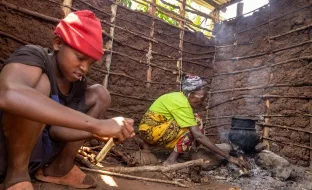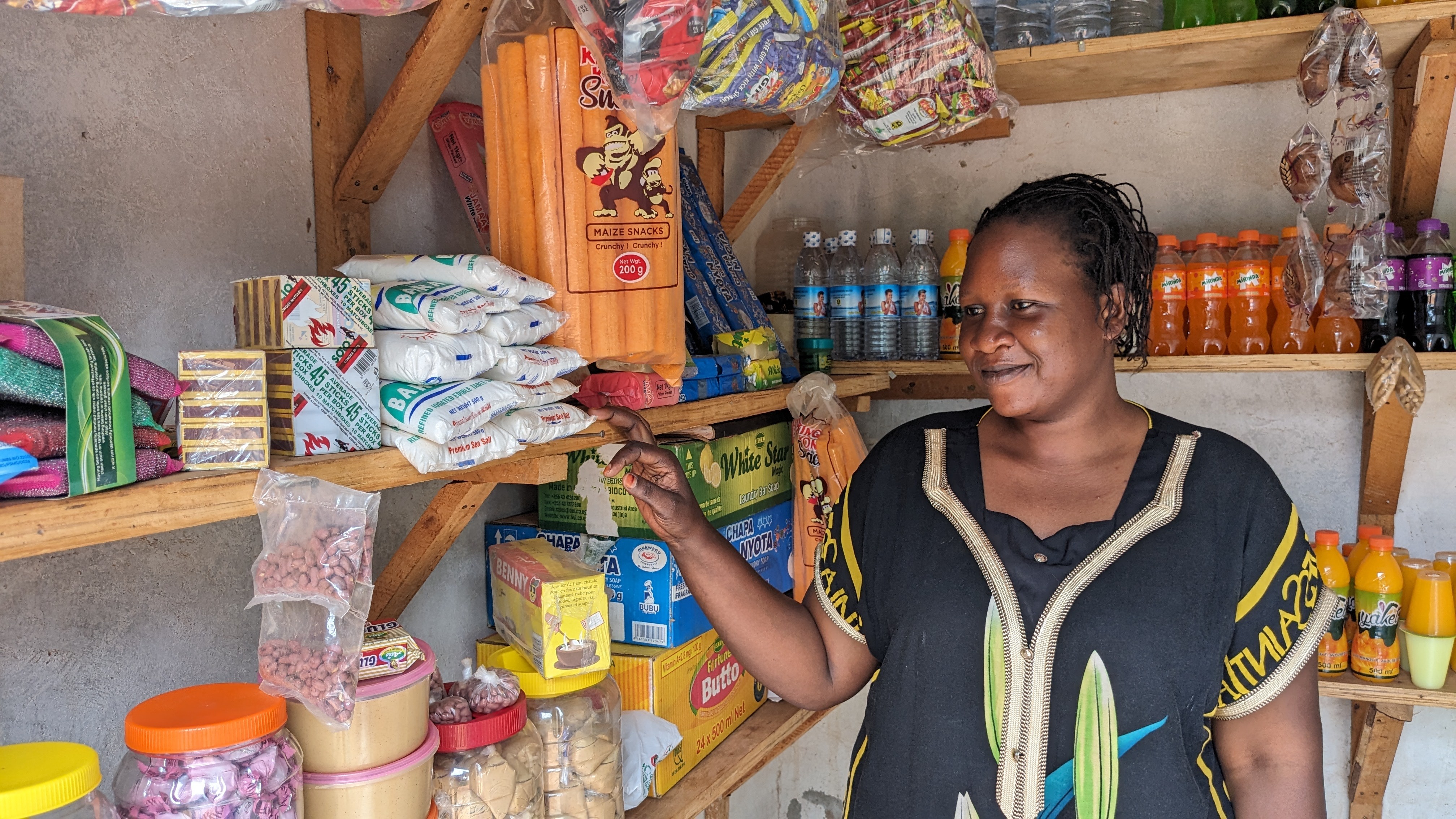GiveDirectly made headlines this week when co-founders Michael Faye and Paul Niehaus announced our intention to run a basic income project. The story quickly got the attention of several writers and outlets (selections below). As Freakonomics’ Stephen Dubner says in an unconnected, but coincidentally timed podcast, basic income is “an idea whose time finally may have come.”
FROM GIVEDIRECTLY
1. What If We Just Gave Poor People a Basic Income for Life? That’s What We’re About to Test.
Slate, Michael Faye and Paul Niehaus, April 14, 2016
So where do we go from there? The organization that we founded, GiveDirectly, has decided to try to permanently end extreme poverty across dozens of villages and thousands of people in Kenya by guaranteeing them an ongoing income high enough to meet their basic needs—a universal basic income, or basic income guarantee. We’ve spent much of the past decade delivering cash transfers to the extremely poor through GiveDirectly, but have never structured the transfers exactly this way: universal, long-term, and sufficient to meet basic needs. And that’s the point—nobody has and we think now is the time to try.
GIVEDIRECTLY IN THE NEWS AND BLOGS
2. The largest basic income experiment in history is coming to Kenya
Tech Insider, Chris Weller, April 18, 2016
Over the next 10 to 15 years, thousands of people in Kenya who normally survive on less than $1 a day will receive unconditional income on a regular basis. On April 14, the co-founders of the nonprofit GiveDirectly, Michael Faye and Paul Niehaus,announced in an article for Slate their $30 million plan to help alleviate poverty in sub-Saharan Africa.
3. Tech’s favorite policy, universal basic income, is about to get its first big test
The Verge, Ben Popper, April 18, 2016
Over the last two years Silicon Valley has fallen in love with a striking economic theory. As former Facebook executive Sam Altman wrote recently, “There’s been a dinner-time revival of the old conversation about the inevitable need for a guaranteed basic income in the United States.” It’s ironic that in the heart of winner-take-all venture capital culture, there is a growing call for a massive redistribution of wealth, but if you believe that artificial intelligence and robots will improve dramatically over the next decade, it makes sense to start planning for a society that has little need for human labor.
4. Researchers May Have Found the Best Way of Ending Extreme Poverty, And It’s Embarrassingly Simple
Matador, Matt Hershberger, April 18, 2016
It should be noted that giving money directly to poor people is not an idea economists and aid workers have traditionally been on board with. It seems to go against common sense: “If you give a man a fish, he’ll eat for a day,” the old saying goes, “If you teach a man to fish, he’ll eat for a lifetime.” GiveDirectly is basically just giving out fish.
5. Nonprofit to Launch Experiment to See What the Poor Will Do If Guaranteed a Basic Income for Life
GOOD Magazine, Aimee Kuvadia, April 17, 2016
Studies have shown, in contrast to what conventional wisdom might suggest, that the poor don’t stop looking for work when they’re handed money, nor do they spend said money on booze. So what do they do with the no-strings-attached funds? That’s exactly what a new long- experiment, spearheaded by the organization GiveDirectly, is intending to find out.
6. The changing face of development aid
Future Tense, Antony Funnell, April 16, 2016
For most of the last 50 years in the development space we have been giving people what we as donors, sometimes halfway across the world, thought a family most needed. But when you think about a family living on less than two dollars a day, how do we know what they most need? And so what the evidence has shown is actually when you give cash to these families that are living off less than two dollars a day, they know better than we do what their highest priorities are and spend it quite wisely.
7. A Universal Basic Income Is the Utopia We Deserve
Gawker, Hamilton Nolan, April 15, 2016
The basic income movement got a significant boost this week when the charity GiveDirectly announced that it will be pursuing a ten-year, $30 million pilot project giving a select group of Kenyan villagers a basic income and studying its effects. As an anti-poverty solution, universal basic income appeals to impoverished people in Africa, relatively well-off Scandinavians, and Americans automated out of their jobs alike.
8. A charity’s radical experiment: giving 6,000 Kenyans enough money to escape poverty for a decade
Vox, Dylan Matthews, April 15, 2016
GiveDirectly, a charity that gives money directly to poor people in Kenya and Uganda, is launching a big new project: a basic income. A basic income — also called a universal basic income (UBI), guaranteed minimum income, citizens’ dividend, demogrant, etc. — is a regular payment to a group of people just for being alive. Normally, basic income proposals call for the payments to be administered by the government, but there’s nothing in principle stopping a nonprofit like GiveDirectly from doing it.
9. Charity experiment to see thousands of Kenyans given universal basic income for a decade
The Independent, Hardeep Matharu, April 15, 2016
GiveDirectly, an organisation that was set up to transfer cash payments to those in poverty in Kenya and neighbouring Uganda, has said it now wants to structure its donations in such a way that would guarantee at least 6,000 Kenyans “an ongoing income, high enough to meet their basic needs – a universal basic income or basic income guarantee”.
BASIC INCOME
10. Is the World Ready for a Guaranteed Basic Income?
Freakonomics, Stephen Dubner, April 13, 2016
The gist: a lot of full-time jobs in the modern economy simply don’t pay a living wage. And even those jobs may be obliterated by new technologies. What’s to be done so that financially vulnerable people aren’t just crushed? It may finally be time for an idea that economists have promoted for decades: a guaranteed basic income.

